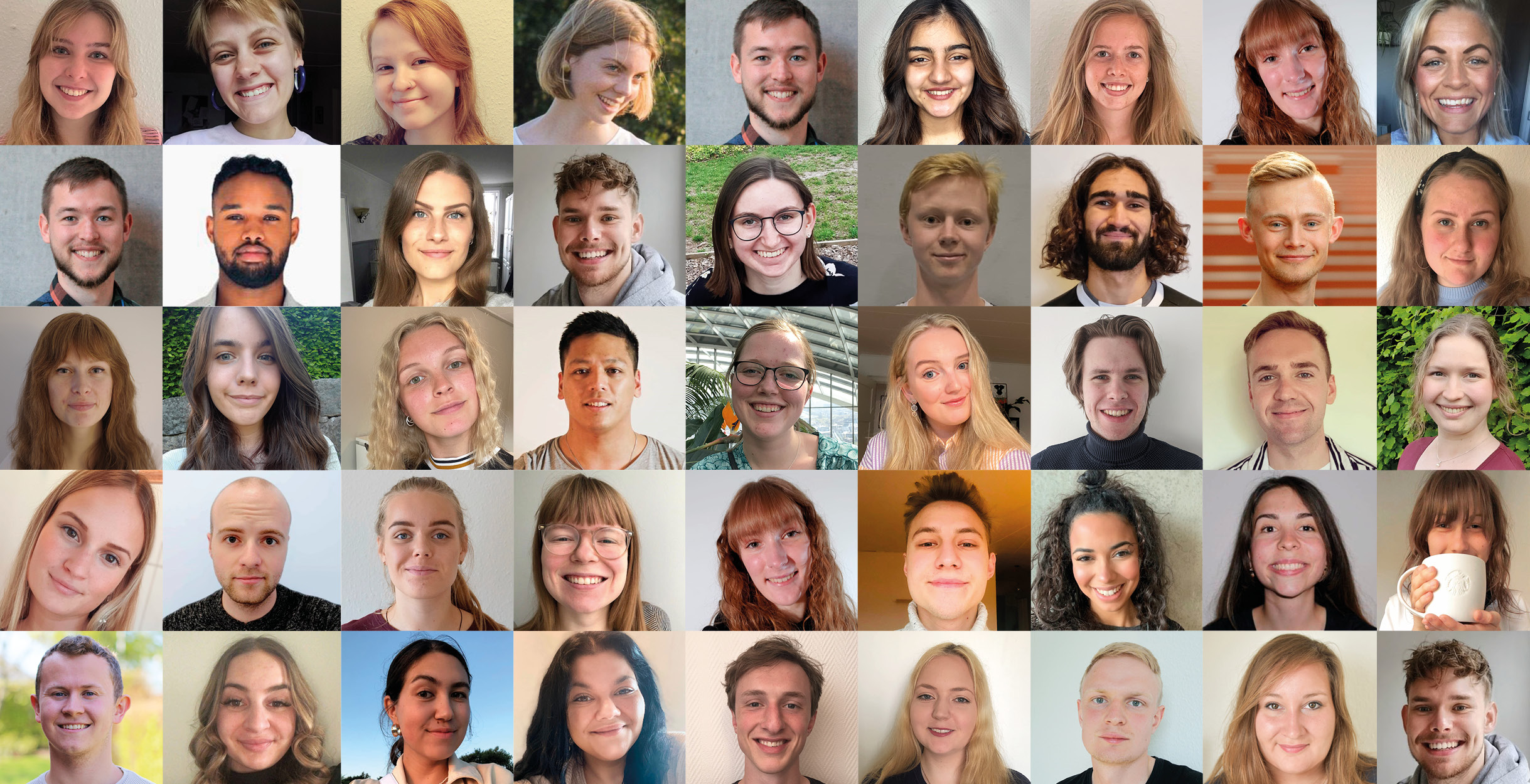Programme structure
The Masters programme covers two years of studies.
The first and second semesters comprise mainly mandatory courses, which to a great extend are based on project based learning in teams.
The third and fourth semesters are more individualised.
At the third semester, you can choose elective courses, and you have the possibility to start working at your Master thesis project. Some of our students contact a Danish company and use half time of third semester on an In-Company Period. Alternatively, you will have the opportunity for joining an exchange study programme abroad at one of our partner universities.
At the fourth semester, you will be working on your Master thesis project. All most all our students carry out their Master thesis projects in close relation to our research activities or a company project.

